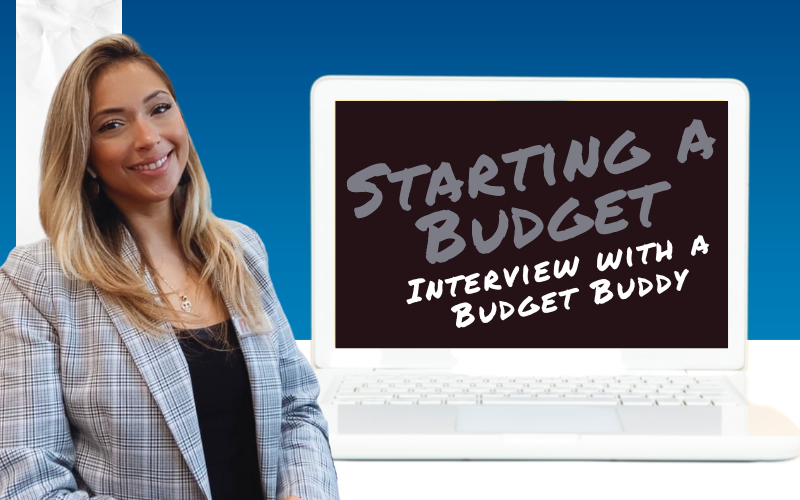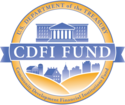Blog | Setting a Budget – Interview with a Budget Buddy
Hello, my name is Jary Lagos, and I’ve had the pleasure of working for Resource One since 2016. I have been a Certified Financial Counselor and Credit Union Development Educator since 2017.
Throughout my career, I’ve witnessed our communities’ lack of accessible financial education. This was pivotal in my drive to educate myself to help others reach financial freedom and avoid being another statistic.
Today, I will be addressing questions you might have about starting a budget. If you are interested in more information or a personalized evaluation of your specific situation, you can reach out to me or any of our other qualified Budget Buddies. This service is free to our members to help them get on the right financial foot.
Where do I start?
Establishing a budget may seem challenging and complicated to some people, but the best way to be in control of your finances is by having a budget. To get started, simply begin by listing all your monthly obligations and your fixed income. Think of your budget as your “spending plan” this will help you determine how much you can spend after bills are paid and help you identify where your money is going. It is important that your budget meets your needs first rather than your wants.
Can I estimate costs, or does it need to be exact?
You may estimate costs such as groceries, entertainment, or clothing expenses. These are usually flexible expenses that may vary each month. It’s okay if you don’t use the exact amount of your costs but always estimate a little higher rather than lower so you don’t run into not having enough money to meet your expenses.
Although estimating costs is possible, it is best to use accurate totals when setting a budget to obtain more accurate results. This can be easily done if you gather your financial statements and thoroughly list your monthly expenses and fixed income.
The budget I made shows I should have more disposable cash. What did I do wrong?
Verify and make sure all your expenses are listed and exclude variable income such as overtime or tips. Avoid underestimating your monthly expenses or overestimating your income; this will prevent you from having more disposable cash and a more accurate budget.
I have my budget set up, but how do I separate things I’m saving for (college, emergencies, etc.)?
Incorporate your savings goals as you would include your expenses in your budget. It’s important always to pay yourself first! You can accomplish this by setting personal savings goals, whether the money you want to put away is for college, an emergency fund, or a new car. Make sure you treat your savings goal as another expense you must pay monthly.
Do you have any tips to share that make budgeting easier?
Prioritize your needs vs. wants. Always focus on your essential needs, such as mortgage or rent, utility bills, car notes, etc.
Reconcile your budget weekly if possible; the more you keep track of your cash flow, the easier it is to stick to your budget plan.
Spend from one account only. This will minimize the number of statements you must go through when reconciling your budget.
Save before you spend.
How often do I need to work on my budget? How often do I need to make updates?
Set up a monthly budget review; it’s important to check in with your budget and make adjustments as needed. Doing this will allow you to see how you did each month, where you overspent, and if you had extra left over. Then, adjust your budget accordingly.
What tools can I use when making a budget?
Here at Resource One, we have a tool for all your needs! It’s as easy as a few taps. See the video below on how to set a budget within online and mobile banking.
You can also set up alerts to get a text message or email when you’ve exceeded your budget. We make it as easy as checking your balance!






